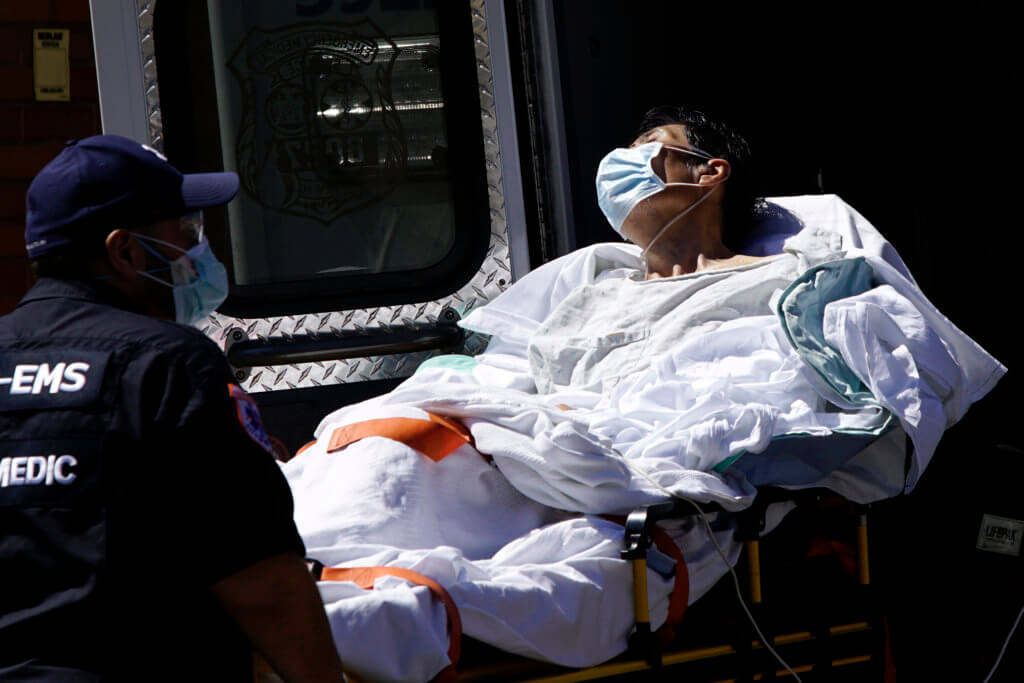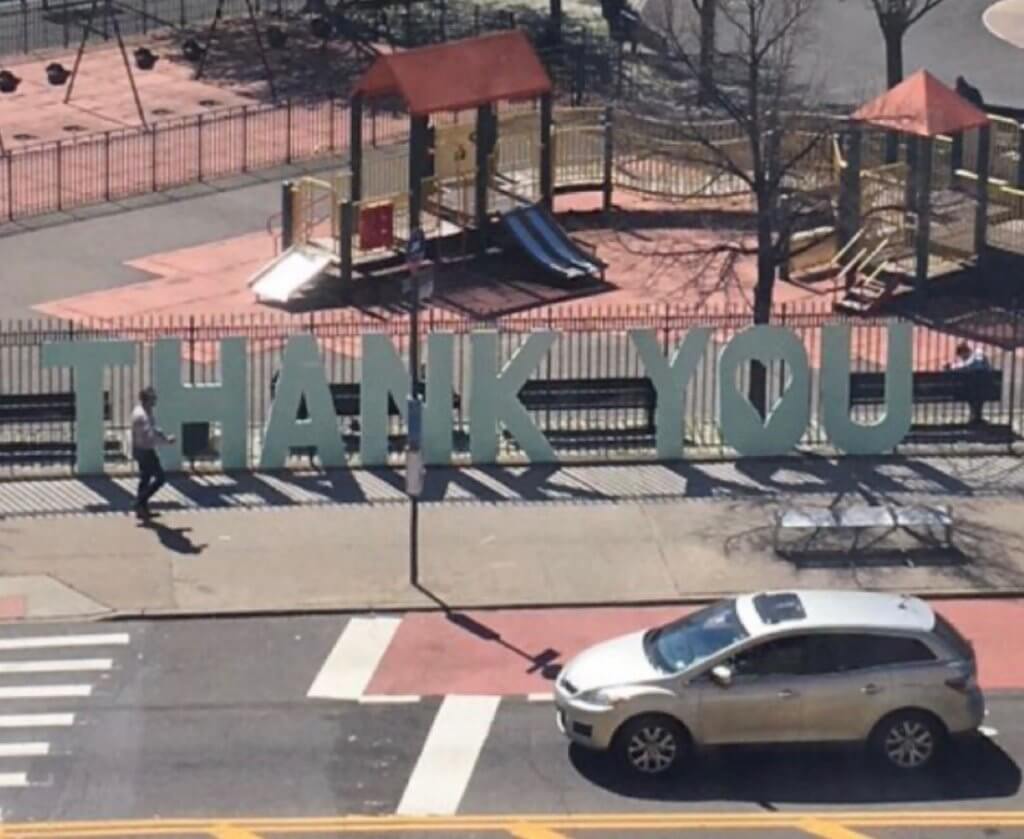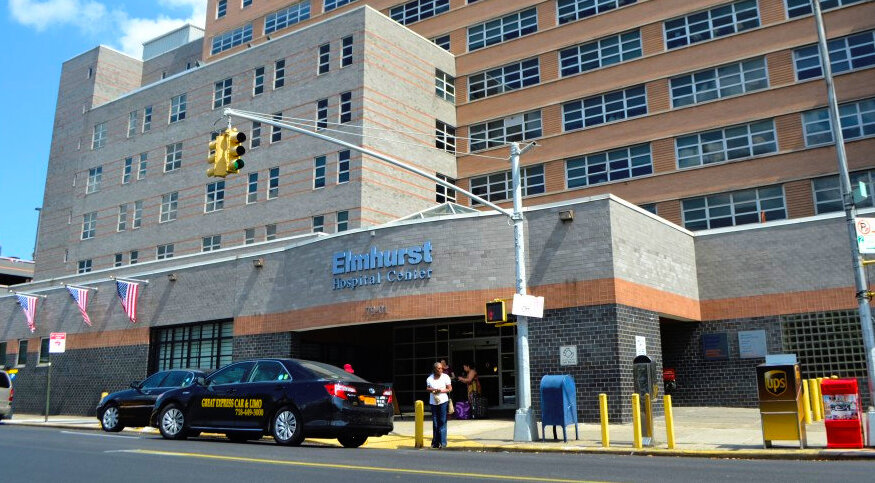Roughly 170 resident physicians at Elmhurst Hospital voted to authorize a strike if Mount Sinai does not agree to parity pay and various benefits similar to or the same as other city hospitals.
Dr. Tanathun Kajornsakchai, a union delegate and fourth-year psychiatry resident at Elmhurst, said their contracts expired in July of 2022 and they have been without a contract since.
“The process has been lengthening unfairly by Mount Sinai, and we’re now 10 months without a contract and nowhere near close to our demands,” Kajornsakchai said. “Our demand is parity. We are not going to settle for anything less than what our counterparts and peers are making.”
Kajornsakchai said they are also fighting for benefits including education, transportation, leave, sick leave, meal stipends and hazard pay.
“We are seeing a discrepancy on how Mount Sinai is paying their main campus residents on the Upper East Side compared to Elmhurst residents,” Kajornsakchai said.
Resident doctors tend to make minimum wage, though first-year interns at Elmhurst make approximately $7,000 less than those at the main campus, who also have subsidized housing and transportation benefits, according to Kajornsakchai.
QNS reached out to Elmhurst Hospital for comment and did not immediately receive a response.
Nearby, almost 300 resident physicians employed by the MediSys Health Network at Jamaica and Flushing Hospital could go on strike later this month if management refuses to agree to their urgent demands, which similarly include a living wage, adequate benefits, and patient care.
A total of 92% of Elmhurst residents voted to authorize a strike should Mount Sinai deny their requests. However, Kajornsakchai stressed that a strike would be the last resort.
“We want Mount Sinai to avert this strike by giving us parity and a fair contract that is similar or not the same to other residents at the main campus,” Kajornsakchai said. “We want to give Mount Sinai another chance, but if [they are] not moving fast enough, we would have no choice but to go on strike.”
Elmhurst Hospital was once referred to as “the epicenter of the epicenter” of the COVID-19 outbreak. The facility was inundated and, at one point, had the highest death toll in the country. The New York Times reported 13 people died at Elmhurst Hospital in a 24-hour span from COVID-19.

Kajornsakchai started his residency at Elmhurst in 2019 and recalled how the main campus received hazard pay immediately after the COVID-19 outbreak. Those at ground zero received hazard pay only at the end of the first wave.
“We are very happy to serve the community that we live in, so during the pandemic, though it was tough, it was our duty and we gladly do that,” Kajornsakchai said. “But we [shouldn’t] have to plea, beg and petition for the hazard pay.”

Kajornsakchai remembered the community support and nightly cheers for them as they left their shifts at the hospital. However, Kajornsakchai said they didn’t receive that same support from Mount Sinai.
“Knowing that our employers didn’t have our backs is heartbreaking,” Kajornsakchai said. “We feel we don’t get the same respect compared to the other program within the same institution. We want parity and respect.”
Kajornsakchai said he has not heard anything from Mount Sinai since they announced the vote to strike Wednesday.



































